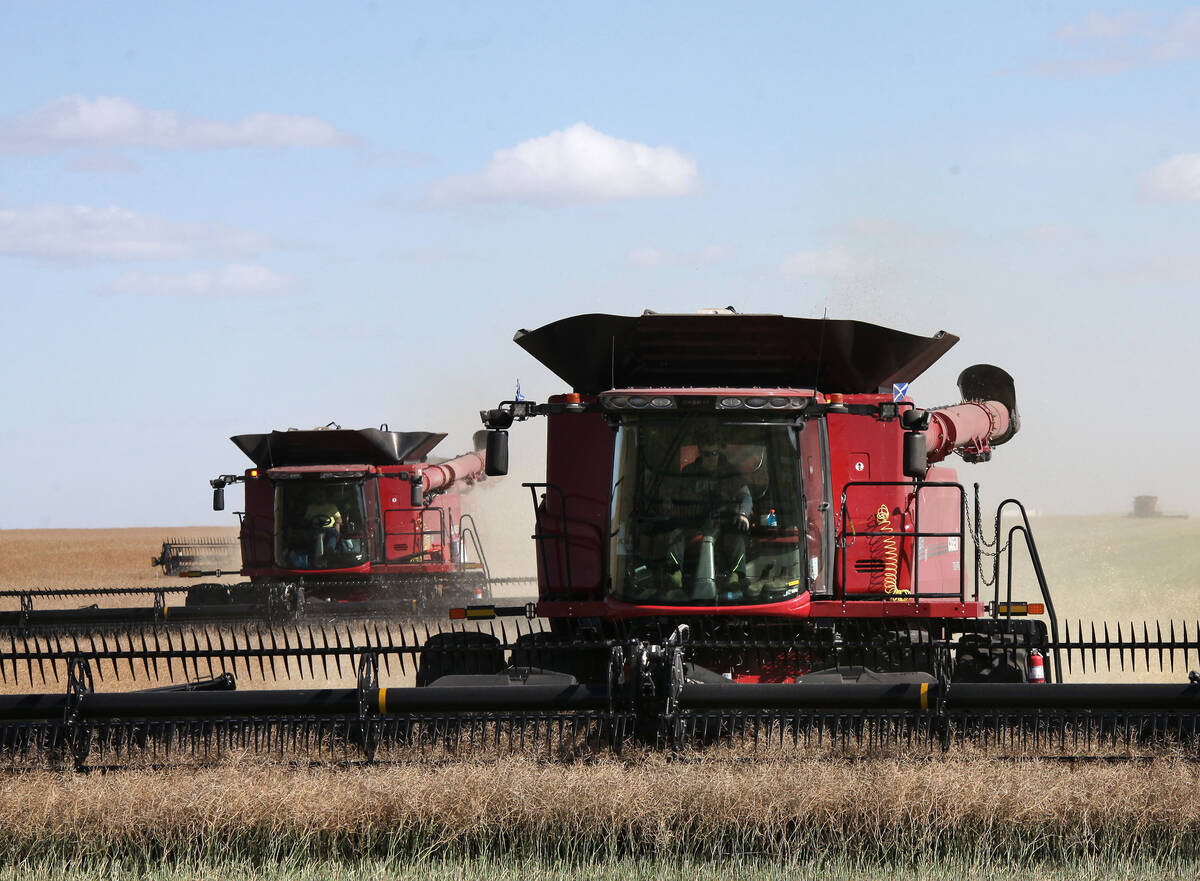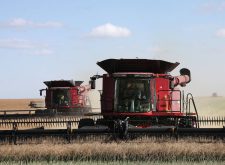Labour standards such as minimum wage and work breaks are among the new regulations Manitoba announced Thursday for the province’s farm workers.
Amendments to the province’s Employment Standards Code — the first such changes affecting farms since 1957 — lay out new standards for workers on grain and vegetable farms. They also bring workers in climate-controlled farm production facilities and workers with ag service companies under full coverage of the code.
The changes, which come into effect June 30, include a new, “more focused” definition of an agricultural worker.
Read Also

Notable changes in exports to China, India
China and India figured prominently in the September export data issued by the Canadian Grain Commission on Nov. 7. For the most part, the CGC’s numbers highlighted issues with grain, oilseed and pulse exports from licensed facilities to those countries.
Labour Minister Nancy Allan said the changes provide “many of the same basic protections that Manitoba workers in almost every other industry now take for granted while recognizing the need for flexibility.”
Thus, farm employees whose work is affected by seasonal and weather-related demands, such as grain and vegetable farming, get most, but not all, of the Code’s provisions as they apply to workers in most other industries in the province.
The new requirements for this group of farm workers include minimum wage protection, vacations, a weekly day of rest, work breaks, unpaid leaves and limits on deductions from pay. Working hours for children are also capped, and employers must give notice when a worker’s job is terminated.
Climate-controlled
However, full coverage under the Employment Standards Code will kick in for other workers in farm-related fields. Workers in “large-scale, climate-controlled facilities” such as indoor livestock operations, mushroom farms and greenhouses will be covered for standard hours of work, overtime, reporting pay and statutory holidays.
Full coverage under the Code will then also apply to workers for whom the code was previously “ambiguous” — people who work for agricultural service companies, not individual farms, and handle work such as custom combining, manure removal or chicken-catching.
However, the coverage for family members working on-farm will stay minimal. The Code in their case just requires that men and women be paid equally for equal work, that wages be paid and that employment records be maintained.
Family farms remain excluded from the raised standards, the province said, “in recognition of the fact that agricultural operations often employ family members and small family-run farms have unique operational features.”
Critics of the amendments fear the changes will hit hardest against already-struggling sectors such as the hog industry.
Also, “it is troubling this regulatory change would apply to grain farms and custom combiners who are just lifting themselves out of a period of rock-bottom commodity prices,” said Janine Haldesma, acting director of provincial affairs for the Canadian Federation of Independent Business, in a release Thursday.
“Anyone who has worked on a farm knows harvest and livestock management does not take place on a nine-to-five schedule, which is why rules such as overtime and statutory holidays should not apply to the agriculture sector,” said CFIB agri-business vice-president Marilyn Braun-Pollon.















